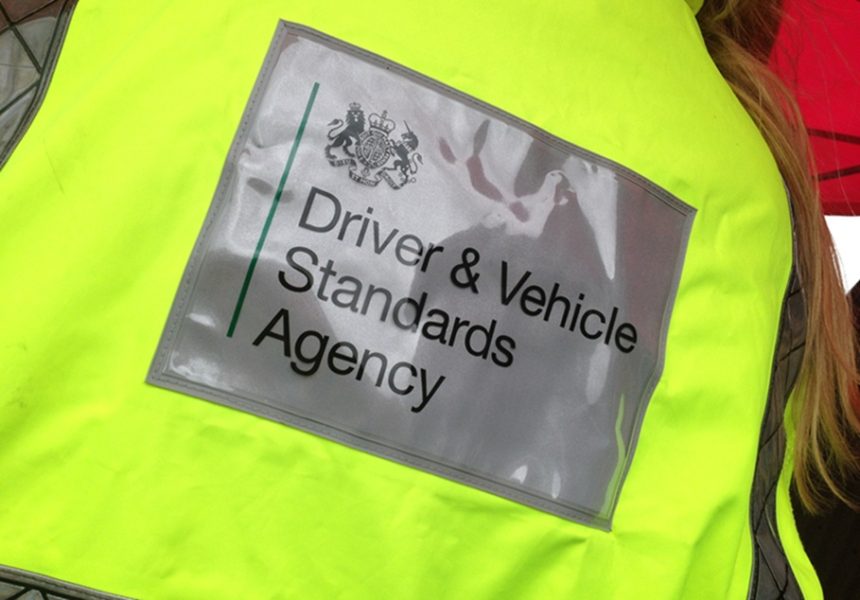That DVSA is said to be taking more interest in vehicles’ AdBlue consumption than previously when dealing with operators is something of a ponderable. The reason would seem to relate to correct functioning of SCR exhaust aftertreatment equipment when it is fitted.
Given the focus in 2023 on such kit’s effectiveness in buses, that is understandable. Legal eagle Jonathan Backhouse suggests that concern over AdBlue emulators is a factor. They fool ECUs into thinking that the SCR unit is working correctly, but it is understood that none have ever been discovered on a coach or bus.
Against this rather niche interest in AdBlue sits a noteworthy comment from former Senior Traffic Commissioner (TC) Richard Turfitt in the TCs’ 2024/25 annual report. That document is never short of interest, and its true learnings often come from reading between the lines penned by the industry’s regulators.
As Acting TC for Scotland, Mr Turfitt notes concern “at the reduction in regulatory cases on referral from [DVSA] enforcement officers.” Via between-the-lines interpretation, a hint can be taken that reorganisation of the DVSA enforcement directorate has left vehicle examiners thinner on the ground, at least in Scotland.
Wariness of “the ministry” and what it might find when taking a good look at a vehicle at the roadside is long held, but the reality is more one where DVSA and TC attention to the non-compliant is welcomed by right-doers, who are in the vast majority.
Ensuring fair competition has always been core to the Traffic Commissioner role, but – as has been said many times – they largely rely on DVSA to do what is often difficult work in gathering evidence of where the playing field is unlevel. Are AdBlue usage anomalies that in the vast majority of cases the vehicle will identify itself an important part of that?
Relations between DVSA and the TCs have been frosty on occasion. That plumbed a low in late-2020, when outgoing DVSA Chief Executive Gareth Llewellyn launched a now-infamous attack on the TCs, describing them as “anachronistic” and no longer needed.
Such rhetoric has mercifully been missing from the dynamic since then in favour of a more collaborative tone from Mr Llewellyn’s successor, and changes to the TCs’ relationship with the Department for Transport (DfT) to separate them from DVSA’s enforcement directorate have been well-received, at least by the Commissioners themselves.
Lord Hendy – who knows a thing or two about running buses despite his current rail brief in DfT – spoke positively of the TCs and the important purpose they serve when on the record earlier this year. DVSA likewise does much good, sometimes in unpleasant or even dangerous circumstances and seldom with a thank you. In fact, most likely never with a thank you.
But separation or no separation, it seems that work is still to be done for the TCs and DVSA to fully leverage their collective skills and drive the non-compliant out. Time may be better spent on things besides AdBlue consumption, though.


























